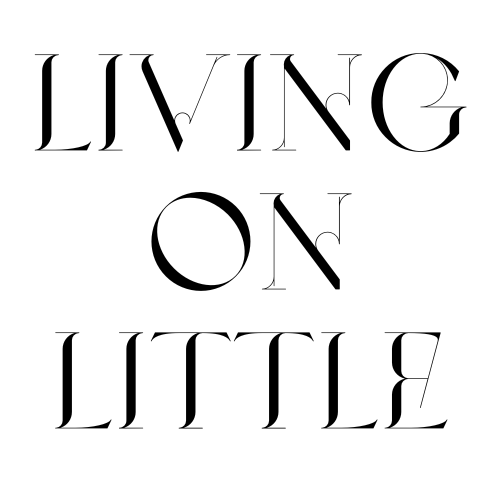In a world that often equates success with accumulation, the concept of minimalism stands as a refreshing counterpoint. Minimalism is not just about owning fewer things; it’s a lifestyle choice that encourages us to focus on what truly matters. By embracing minimalism, we can reduce stress, increase our mental clarity, and create a more fulfilling life. In this blog, we’ll explore the principles of minimalism, the benefits it offers, and practical steps to simplify your life.
What is Minimalism?
Minimalism is a lifestyle that advocates for simplicity and intentionality. It encourages individuals to declutter their physical and mental spaces, allowing them to focus on what truly brings joy and fulfillment. The minimalist philosophy can be applied to various aspects of life, including possessions, relationships, and even digital spaces.
Benefits of Adopting a Minimalist Lifestyle
- Reduced Stress: A cluttered environment can lead to feelings of anxiety and overwhelm. By simplifying your space, you create a calming atmosphere that promotes relaxation and focus.
- Increased Clarity: With fewer distractions, you can think more clearly and make better decisions. Minimalism encourages mindfulness, allowing you to be present in the moment.
- Financial Freedom: By prioritizing experiences over possessions, you can save money and reduce debt. Minimalism encourages intentional spending, leading to a more sustainable financial future.
- Environmental Impact: Minimalism promotes sustainable living by encouraging individuals to consume less and make more conscious choices about their purchases.
Steps to Embrace Minimalism
- Decluttering Your Space:
- Start small: Choose one area of your home to declutter, such as a closet or a drawer.
- The “One-Year Rule”: If you haven’t used an item in the past year, consider letting it go.
- Donate or sell items: Give your unwanted items a second life by donating them to charity or selling them online.
- Mindful Consumption:
- Create a shopping list: Before making a purchase, ask yourself if the item aligns with your values and if it will add value to your life.
- Avoid impulse buys: Implement a waiting period before purchasing non-essential items to determine if you truly need them.
- Digital Minimalism:
- Organize your digital files: Delete unnecessary files and organize your documents into folders.
- Limit screen time: Set boundaries for social media and digital consumption to reduce distractions.
- Simplifying Your Schedule:
- Prioritize your commitments: Evaluate your current obligations and eliminate those that don’t align with your values or goals.
- Learn to say no: It’s okay to decline invitations or requests that don’t serve your well-being.
Conclusion
Embracing minimalism is a journey, not a destination. It requires ongoing reflection and adjustment as you navigate your life. By starting small and making intentional choices, you can create a more meaningful and fulfilling existence. Remember, minimalism is about quality over quantity—focusing on what truly matters to you.

